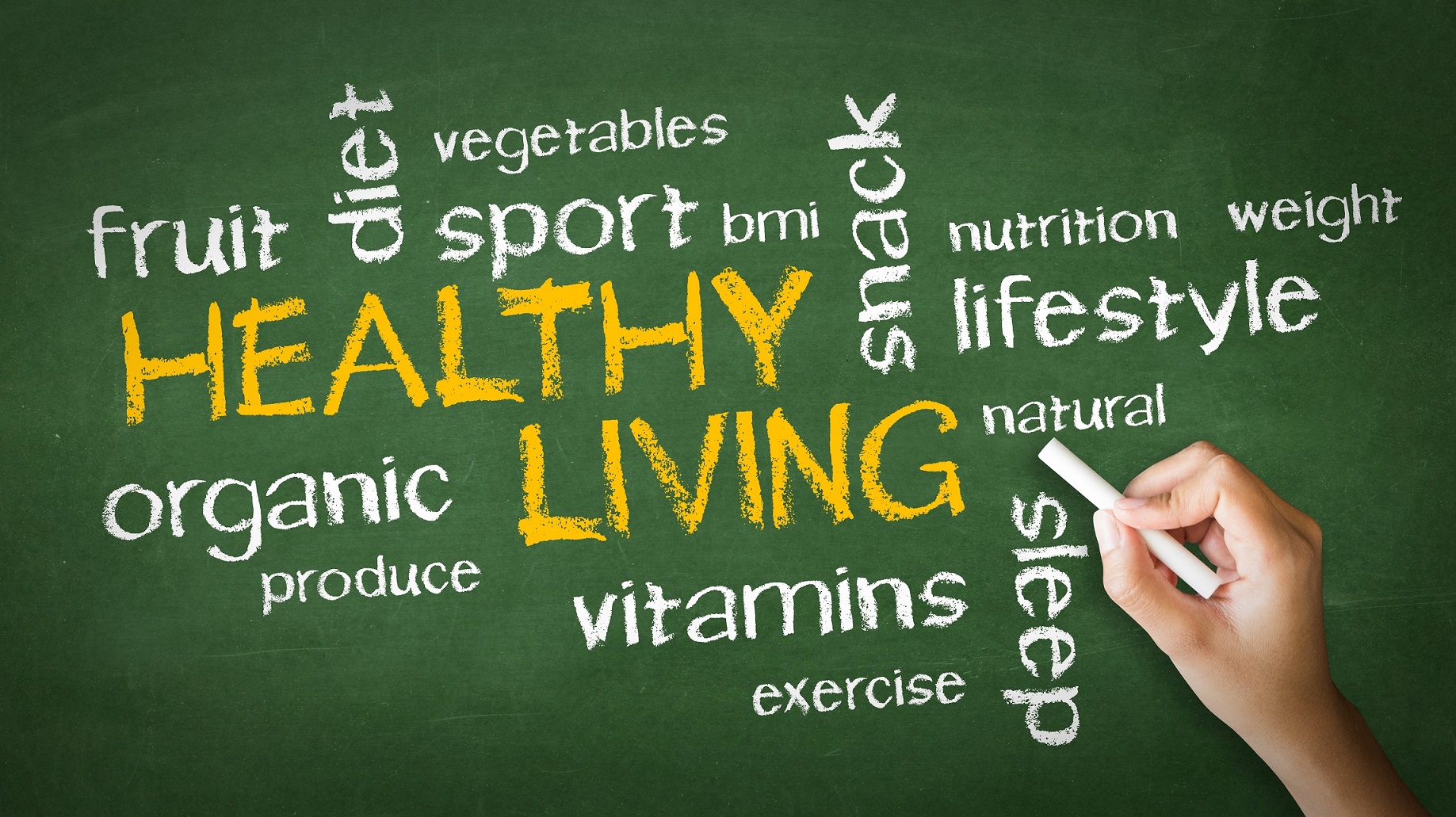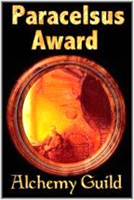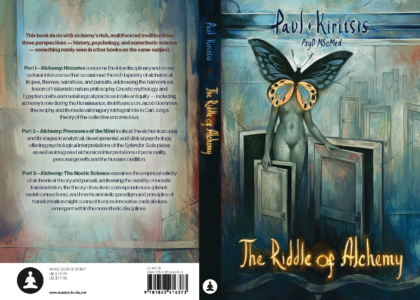
So often we resort to elaborate treatments like psychotherapy and pharmacotherapy in dealing with imbalances of body, mind, and spirit and forget about the fundamentals, many of which have been practiced for time immemorial. The most important bedtime story anybody can tell you is that your brain and body are more than capable of correcting chemical imbalances caused by anxiety, poor sleep, and maladaptive behaviours. Together they know what is needed, how it might be attained, and how they’ll respond once the needs are satisfied. Improvement of mental and physical health, then, is contingent on our ability to shake up our systems in the right way. We do this by adhering to the following prescriptions:
1. Sleep when tired or exhausted. Sleep alters our brain-mind state from ergotropic to tropotrophic, or from a state of energy expenditure to one of energy conservation. The voluntary manipulation allows the aminergic system [serotonin and norepinephrine] responsible for acute self-awareness and foreground [external] processing of sensory stimuli in the waking state to renew itself and keep cortical, subcortical, and peripheral neural functionality optimal. Experimental trials with animals in laboratory settings have shown beyond doubt that chemical replenishment through sleep is intimately linked with immunity and defence against disease. Hence sleep is a much more efficient and effective in keeping nasty pathogens at bay than drugs, fruit, soup, deep heat rubs, or any other popular home remedies.
2. On the other hand, engage in physical and mental activities of interest when you are feeling spirited and alert.
3. Practice relaxation techniques that hinder and quash psychological stress like meditation, self-hypnosis, and trance. Massage, a thirty-minute stroll in a park, meadow, or mountain, and any other slow-pace activity which grounds the somatic self is also advantageous.
4. Exercise. Engaging in some vigorous activity like running, sprinting, dancing, bike riding, swimming, boxing, kickboxing, and other preferred sports is good for cardiovascular health, energy levels, lowering blood pressure, and amplifying muscle strength and bone density. There is an autonomous release of feel-good molecules called endorphins when you exercise, reducing your sensitivity to pain. Exercise also promotes sleep and facilitates the establishment of a very positive self-image.
5. Avoid excessive alcohol consumption, overeating, and overexercising as these will disturb your natural sleep patterns.
6. Eat breakfast first thing in the morning to kick-start your metabolism. Savour and be grateful for your meals.
7. Sex is a rather enjoyable act and also releases endorphins; do it sometime!
8. Don’t forget about that natural mood-booster and stress-reliever called laughter; it really is the best medicine and we don’t partake nearly as much as what we should.
9. Remember to practice mindfulness. Ground yourself in the present by focusing on foreground mental processes, that is the sights, smells, sounds, tastes, and tactile sensations offered by your sensory modalities and resist bribes offered by background mental processes like fantasy, imagination, and contemplation of the past or future. Studies have shown that neural enhancement and proliferation are associated with an acute self-awareness steeped in the present moment–remain focused, present, and authentically “there” in your interactions with other people. Your brain-mind will thank you for it.









